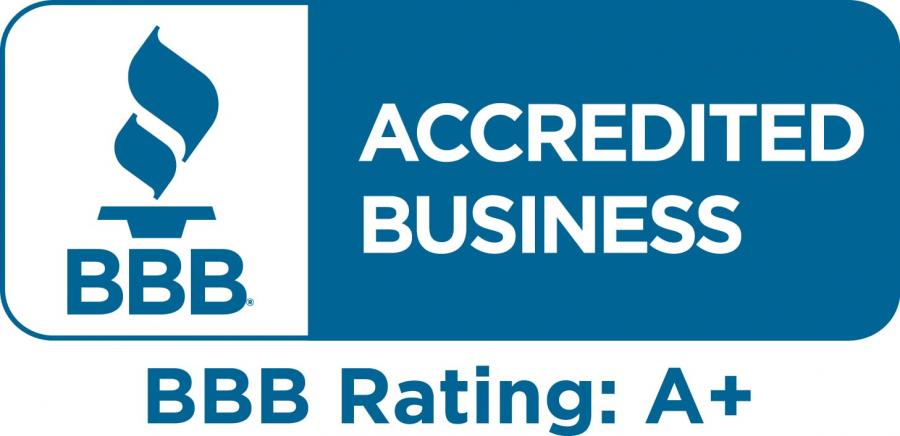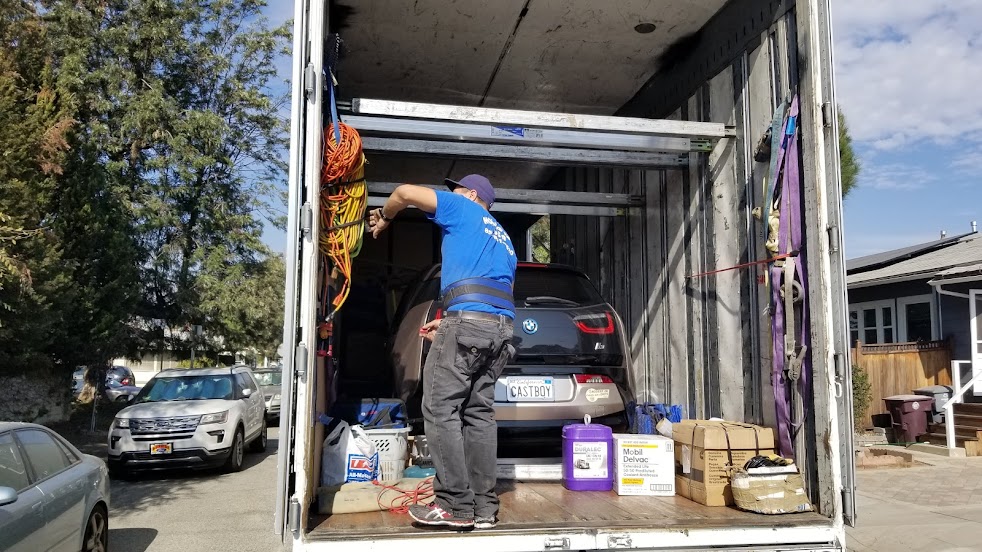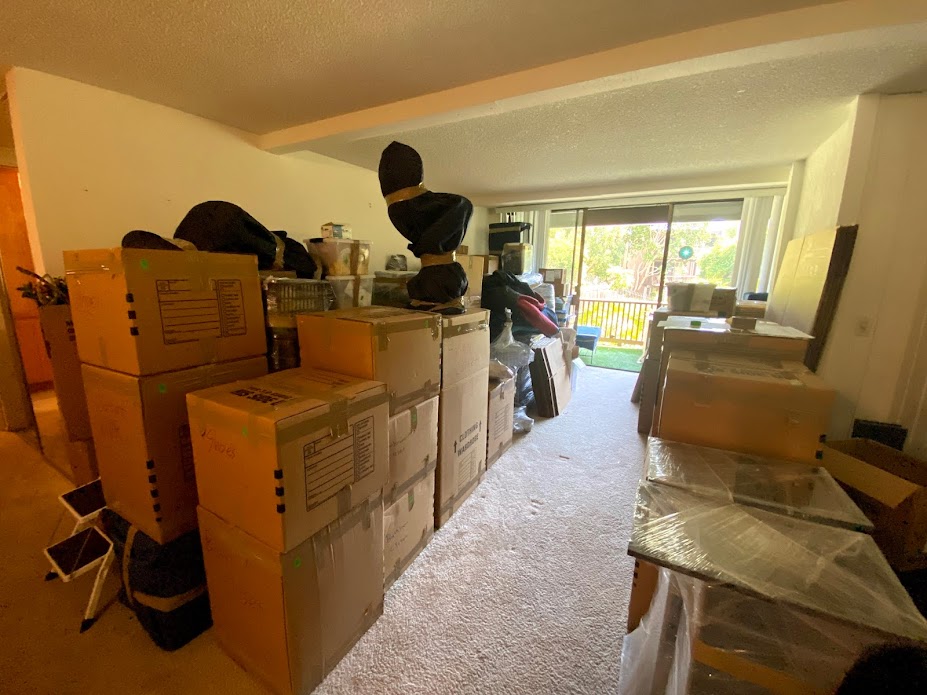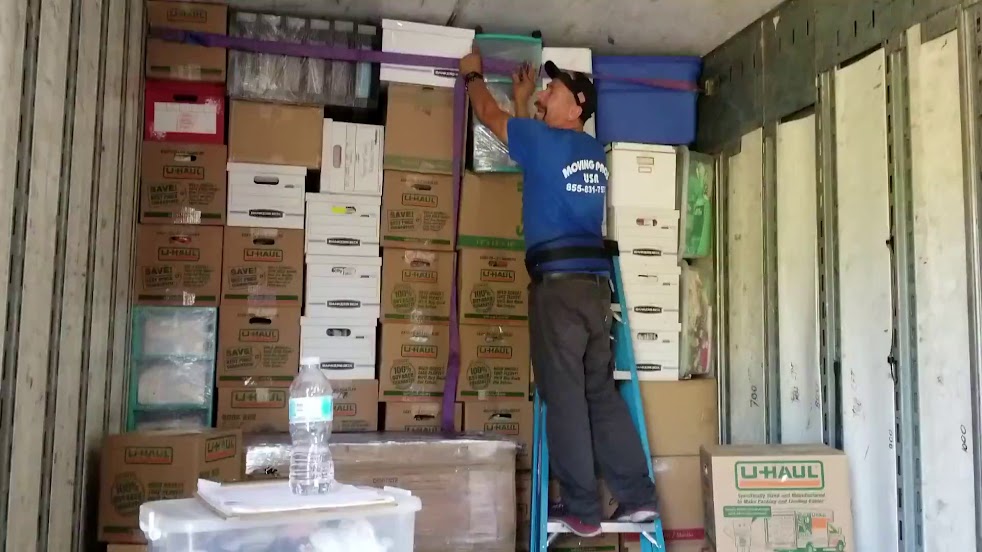When it comes to moving, not all items are created equal. Fragile and valuable belongings—like glassware, antiques, electronics, fine art, or heirlooms—require extra attention and care.
If you’re working with local movers, it’s natural to wonder how they’ll protect your most delicate or high-value possessions. Fortunately, reputable moving companies follow detailed procedures and use specialized materials to ensure these items arrive in perfect condition.
Understanding how local movers handle fragile and valuable items can give you peace of mind and help you prepare for a smooth, damage-free move.
Careful Assessment and Planning
Before moving day, professional movers assess the items that require special handling.
- Walkthroughs are conducted to identify fragile or high-value items in advance.
- Movers may ask questions about sentimental, antique, or high-dollar belongings.
- Custom plans are made for how each delicate item will be packed, loaded, and transported.
- Special instructions from the homeowner are documented and followed.
This step ensures nothing is overlooked and helps movers plan for the right packing materials and techniques.
Specialized Packing Materials and Techniques
Local movers use industry-grade materials and proven techniques to safeguard fragile items during transport.
- Double-walled boxes, bubble wrap, and foam padding provide cushioning and reduce movement.
- Custom crating may be used for items like mirrors, artwork, or sculptures.
- Dish packs and cell dividers protect glassware and china.
- Electronics are packed in anti-static wraps or original boxes when available.
- Blankets and stretch wrap are used to protect furniture and prevent scratches.
Using the right materials and methods greatly reduces the risk of cracks, chips, and other damage.
Strategic Labeling and Organization
Clearly marked boxes and organized loading are key to a successful move with fragile items.
- Boxes containing fragile items are clearly labeled on multiple sides.
- “This Side Up” and “Handle With Care” stickers are applied where necessary.
- Fragile items are loaded last and unloaded first, minimizing time in the truck.
- Boxes are carefully placed to avoid pressure from heavier items, and movers plan the truck layout accordingly.
Organization prevents unnecessary shifting during transport and makes unpacking safer and easier.
Trained and Experienced Movers
Skilled movers bring training and experience to the table that DIY moves simply can’t match.
- Crew members are trained in handling delicate and high-value items.
- They know how to lift, carry, and maneuver fragile belongings without dropping or bumping them.
- Two-person carries are often used for bulky, delicate items like glass-top tables or pianos.
- Teamwork and communication are emphasized to ensure safe handling at all stages.
Trained professionals know how to move even the most awkward or delicate pieces safely and efficiently.
Optional Insurance and Inventory Tracking
Even with the best precautions, accidents can happen. That’s why reputable movers offer protection and accountability.
- Full-value protection or third-party insurance can be purchased for peace of mind.
- Movers may take a detailed inventory of fragile and valuable items, noting conditions before and after the move.
- Claims processes are in place should any damage occur, making resolution easier and faster.
- Homeowners can request proof of coverage and ask about liability limits for valuable items.
Proper insurance coverage adds an extra layer of security, especially for irreplaceable items.
When you’re trusting someone else with your most breakable and valuable items, it’s important to know they’re in good hands. Local movers go beyond basic packing and transport to offer customized protection, expert handling, and strategic planning for everything from china sets to collectibles.
By partnering with a reputable moving company and clearly communicating your needs, you can feel confident that your most treasured possessions will make the journey safely. Because in the end, it’s not just about moving boxes—it’s about protecting the things that matter most.







